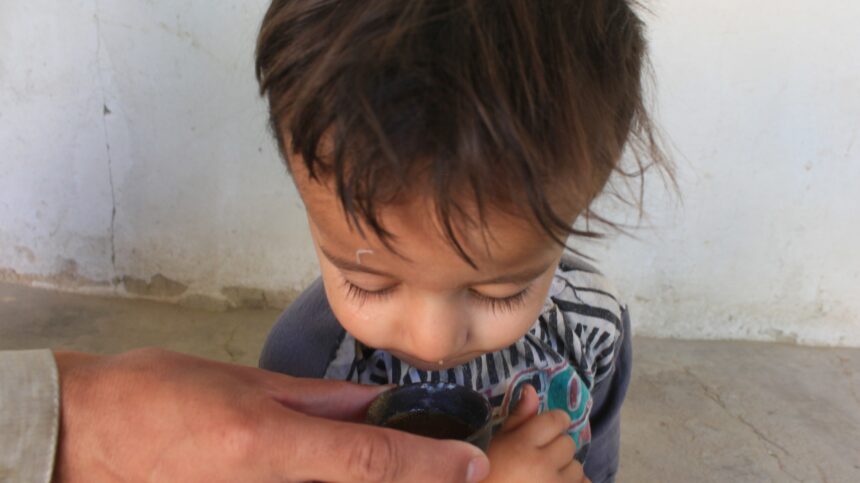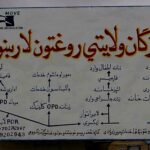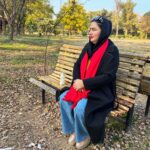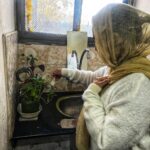Afghanistan has faced decades of challenges related to drug production, cultivation, and trafficking, with the country being a significant source of illegal opium globally.
Due to poverty, lack of awareness, and limited access to healthcare, some mothers administer small amounts of opium, powder, or other narcotics to their children during times of pain, crying, or illness to alleviate symptoms.
In Helmand province, local healthcare workers report that this practice has been ongoing for years. A doctor at the pediatric ward of a hospital in Helmand, who requested anonymity due to security concerns, shared with The Afghan Times that the hospital receives one to three cases weekly where mothers have given their children opium as a remedy. Instead of providing relief, these substances have led to severe health complications, sometimes resulting in death. The doctor attributes this practice to traditional beliefs, lack of access to medical facilities, and economic hardships.
A mother from Musa Qala district, who brought her child to the hospital for treatment, explained that administering opium to children is a common practice in her area. She stated that it helps children sleep and reduces fever. According to her, many families in the region use opium for various ailments, including sleep disturbances and fevers.
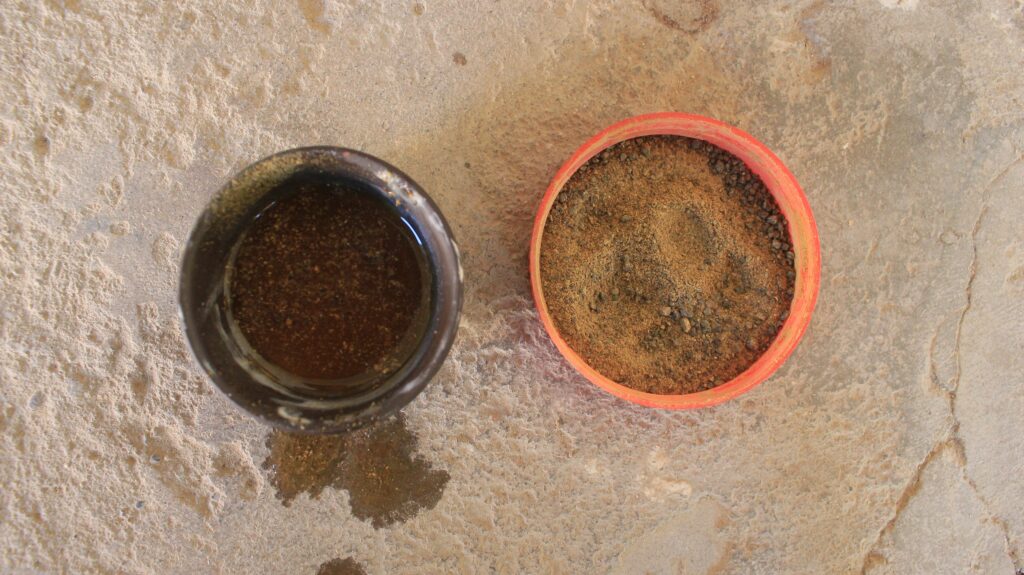
Dr. Ahmad Farid, a pediatric specialist at a private clinic in Lashkar Gah, emphasized that giving narcotics to children is extremely harmful. He described it as “direct poison” to the child’s nervous and digestive systems, leading to long-term physical and mental health issues. Even a single dose can weaken a child’s nervous system, disrupt sleep patterns, and impair breathing. Such practices can result in addiction, chronic mental stress, and other severe health problems.
Legal experts consider administering narcotics to children a criminal act. Attorney Wali Wasef Kakar stated that the Child Protection Law classifies this as physical and psychological abuse. According to Article 625 of Afghanistan’s Penal Code, providing harmful substances to another person is a punishable offense. He emphasized the government’s responsibility to educate mothers and provide alternative medical solutions.
Mohammad Gul, a community elder in Lashkar Gah with extensive experience in the region, attributes this issue to long-term illiteracy, poverty, and cultural limitations among women. She noted that many women are unaware of the dangers of giving narcotics to children. If they were informed, they would likely avoid such practices. However, women have limited access to media, education, and healthcare seminars.
Healthcare professionals and legal experts urge the Taliban government to raise public awareness, increase the number of healthcare centers in rural areas, and provide alternative medical solutions to address this issue effectively.



